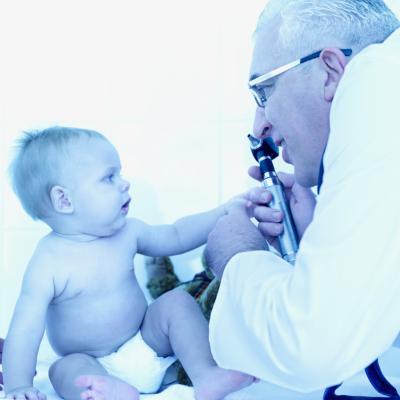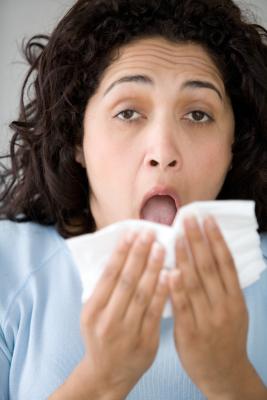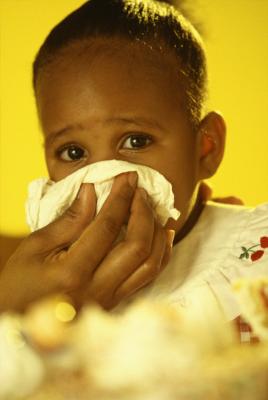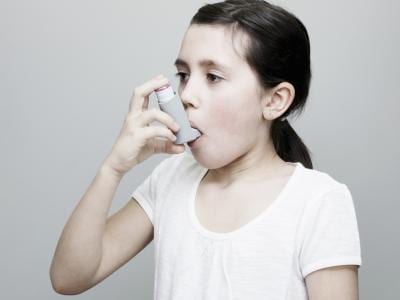Search Results for: airborne
Infant Seasonal Allergies
Unlike an older child, your baby can’t tell you what is bothering him, but certain symptoms can alert you to the presence of seasonal allergies. An allergist can also use medical tests to help determine which allergens are responsible for your infant’s symptoms. Limiting his exposure to the suspect allergens, as well as providing certain medications, may help minimize your baby’s symptoms.
Best Green Cleaning Products
While many cleaning products today are labeled “green,” the term is not regulated and may or may not be an accurate description of the product, according to the U.S. Environmental Protection Agency. The greenest cleaning products are ones that are made with ingredients that are safe for human consumption.
Sinus Allergy Relief
Allergies can cause a variety of symptoms that cause discomfort. Airborne allergens often irritate your nostrils and sinuses. To minimize your symptoms, take certain precautions to help you avoid the substances that bring on allergy attacks and employ some helpful home remedies. Medical treatments may help with stubborn or severe symptoms.
Hay Fever in a Toddler
“Hay fever” is the term commonly used to describe an allergy to grasses and pollens, including tree pollen. Often, these allergies are seasonal. Some toddlers are more sensitive to spring allergens, while others suffer most in the fall. Most toddlers who develop hay fever do not show symptoms until they are 3 or even 4 years old, according to BabyCenter.
Allergies & Asthma in Kids
Allergies and asthma are relatively common conditions in children. Millions of Americans, both adults and children, suffer from allergies, according to KidsHealth, while up to 20 percent of children suffer from asthma. Asthma can be caused by outside irritants, such as smoke, or it can be caused by the same allergens that cause allergies, such as pet hair and pollen.





